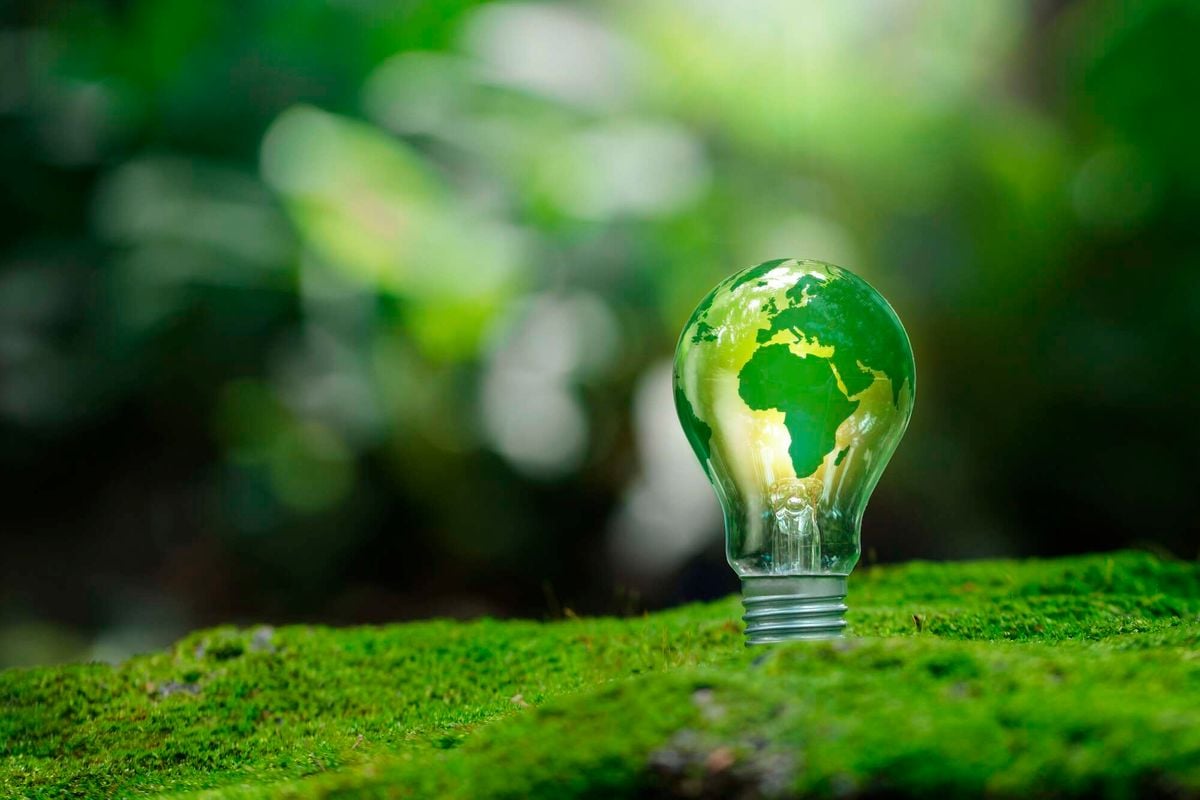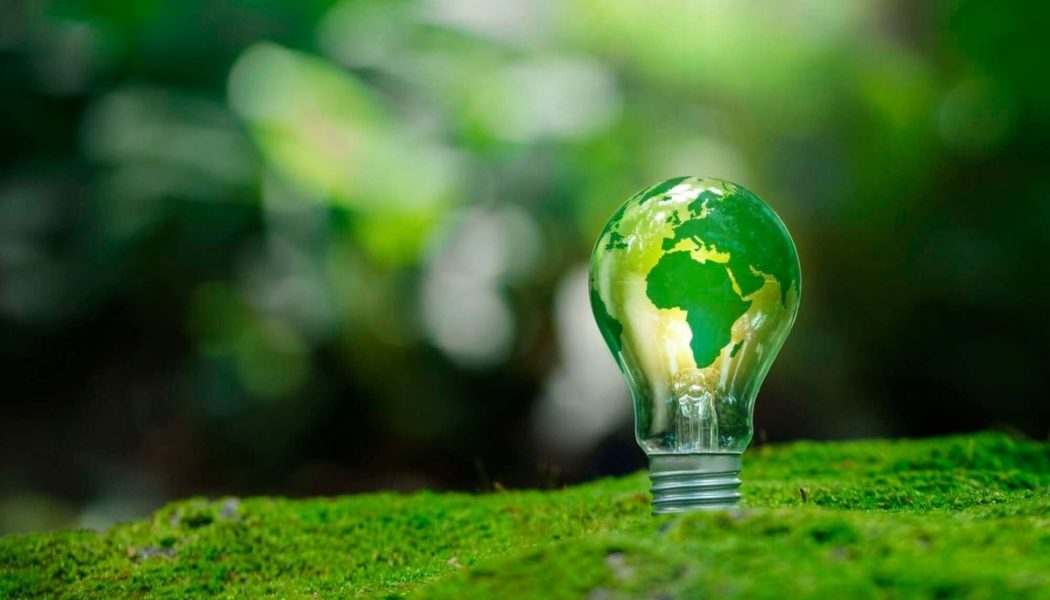
On October 1, 2024, global adhesive manufacturer Henkel completed a transition to renewable electricity use across all its factory sites in the Middle East and Africa (MEA) region, including Nairobi, joining a growing list of global firms that have taken this path.
This shift by Henkel included on-site solar installations and external renewable sources such as hydroelectric and wind energy. For example, the solar installation at Henkel’s Nairobi factory currently provides about 95 percent of daily electricity needs on optimal days, while the remaining five percent runs on external renewable sources.
Another global firm, Epson in December 2023 fully switched to renewable energy across all its manufacturing sites across the world. The firm switched to 100 percent renewable electricity for all its sites in Japan in 2021, before replicating this globally by the end of 2023.
Locally, several manufacturers including; Total Energies Kenya, Maisha Mabati Mills, Simba Cement, Unilever Tea Kenya, British American Tobacco, Africa Logistics Properties, Bidco and Devyani Food Industries are also shifting to own power generation.
While some of these transitions may be driven by a quest to lower operational costs through cheaper and more reliable power, a strong influence by eco-friendly consumers is accelerating the shift to renewable energy use by manufacturers on the global stage.
“Today’s consumers are more environmentally conscious than ever before. They no longer view a company’s environmental impact as a secondary consideration but as a key factor in their purchasing decisions” Mukesh Bector, Epson’s regional Head for East and West Africa said.
This means that more consumers now prioritise sustainability when choosing brands—putting pressure on manufacturers to sharpen their green credentials to compete in a tight market fraught with rivalry and eroded consumer purchasing power due to high inflationary pressures.
Nancy Mwathi, the plant manager for Henkel’s Nairobi adhesives factory, said the shift to renewable energy is part of a wider sustainability strategy than just cutting carbon emissions.
“Our transition to renewable energy is about much more than just reducing emissions. It’s about setting a standard in Kenya and across the region. We are committed to fostering a future where sustainability and business success go hand in hand,” she said when the company unveiled the firm’s renewable energy-powered factory in Nairobi.
Separate research by consultancy firms PWC and Deloitte shows that consumer decisions are placing a bigger emphasis on manufacturing using clean energy.
For example, PwC’s 2024 Voice of the Consumer Survey published in May, showed that consumers are willing to spend an average of 9.7 percent more on sustainably produced or sourced goods, even as cost-of-living and inflationary concerns weigh.
The survey, which collected the perspectives of more than 20,000 consumers from across 31 countries and territories, found that almost nine in ten (85 percent) consumers are experiencing first-hand the disruptive effects of climate change in their daily lives and are prioritising consumption that integrates sustainability-focused practices.
“More than four-fifths (80 percent) of consumers say they are willing to pay more for sustainable produced or sourced goods. In terms of a price premium, some consumers are willing to pay on average 9.7 percent more for goods that meet specific environmental criteria, including locally sourced, made from recycled or eco-friendly materials, produced in a supply chain with a lower carbon footprint, and more” PWC said.
A separate survey by Deloitte showed that about 25 percent of consumers are willing to pay a premium for sustainably produced items.
“A quarter of consumers are prepared to pay more for sustainability. This includes paying more to protect biodiversity or for sustainable products and packaging, or for products or services of suppliers that respect human rights or commit to ethical working practices” the consultancy firm said in its report.
“A third (34 percent) of consumers stated that their trust in brands would be improved if they were recognised as an ethical/sustainable provider by an independent third party. A similar proportion (32 per cent) claimed that their trust in brands would be improved if they had a transparent, accountable, and socially and environmentally responsible supply chain” it added.
Mr Bector said a switch to renewable energy provides manufacturers with bigger green credentials as a key market differentiator.
“In industries where competition is fierce, a strong sustainability profile can be the deciding factor that sets one company apart from another. As companies like Epson demonstrate, adopting renewable energy not only benefits the environment but also strengthens brand reputation, attracts eco-conscious consumers, and meets the growing demand from investors for sustainable business practices,” the Epson official said.









